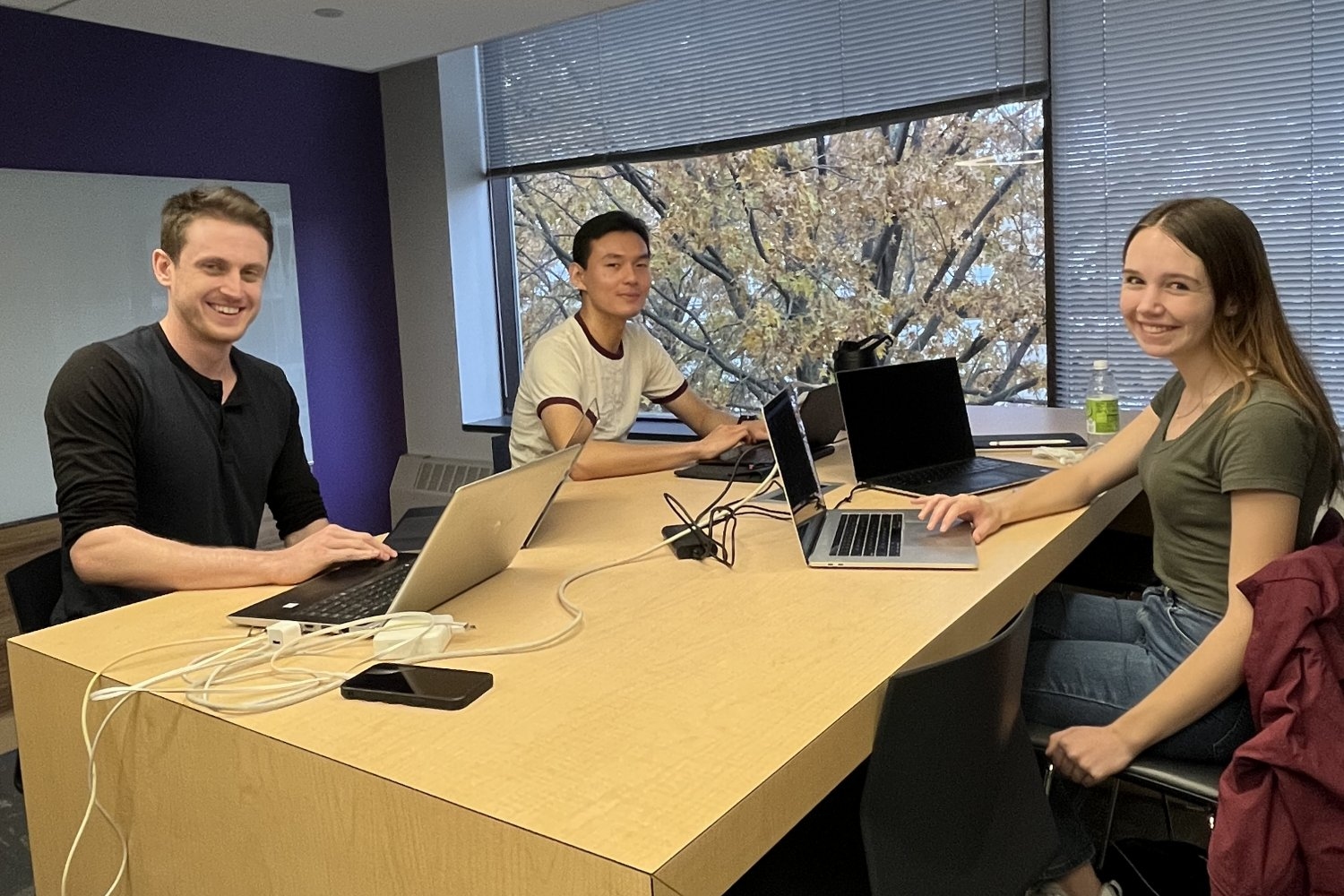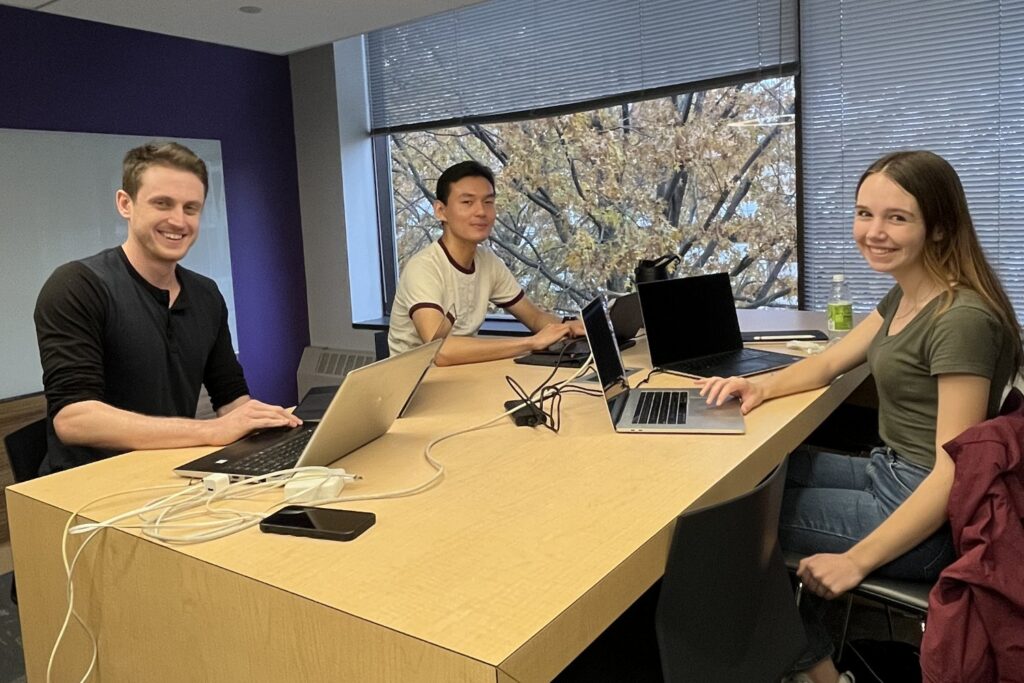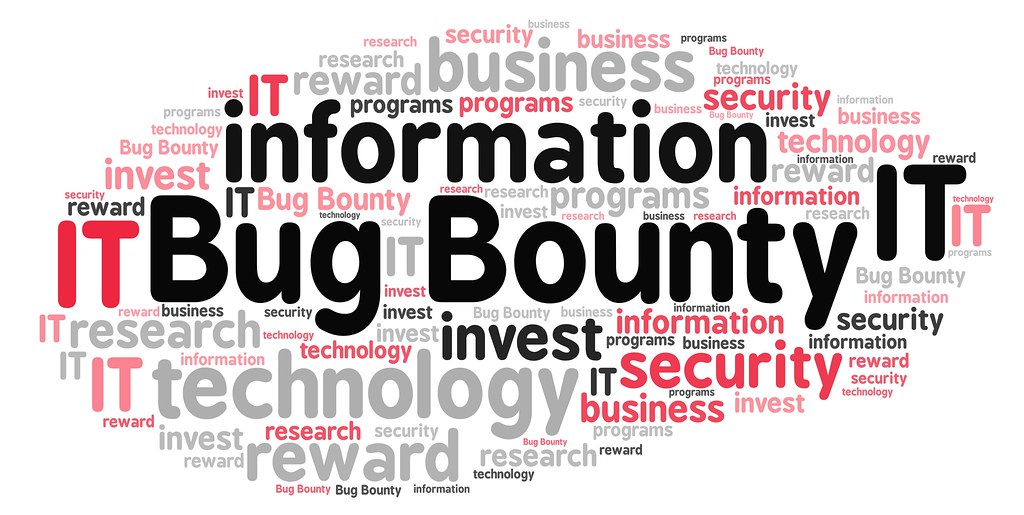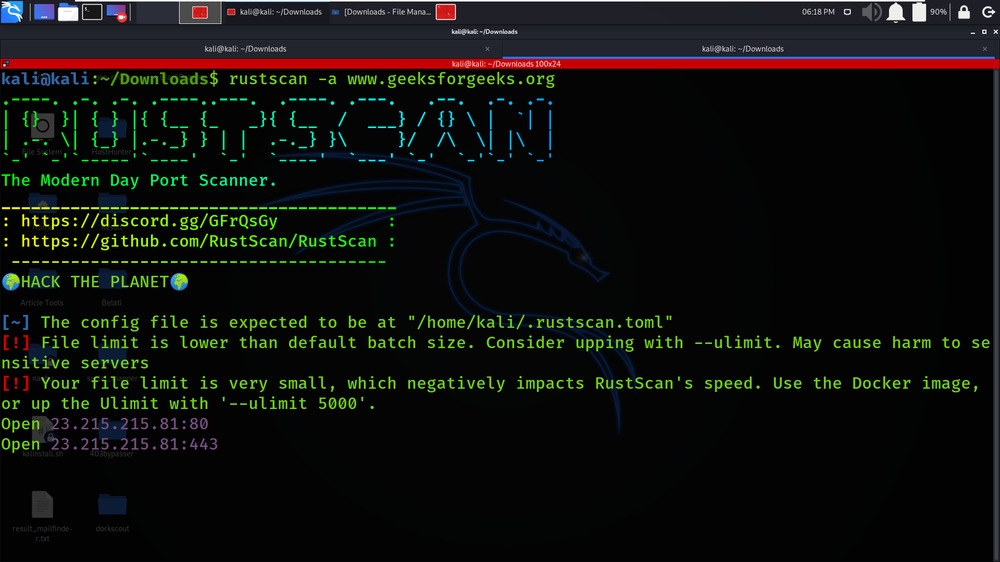
As first-year students in the Social and Engineering Systems (SES) doctoral program within the MIT Institute for Data, Systems, and Society (IDSS), Eric Liu and Ashely Peake share an interest in investigating housing inequality issues.
They also share a desire to dive head-first into their research.
“In the first year of your PhD, you’re taking classes and still getting adjusted, but we came in very eager to start doing research,” Liu says.
Liu, Peake, and many others found an opportunity to do hands-on research on real-world problems at the MIT Policy Hackathon, an initiative organized by students in IDSS, including the Technology and Policy Program (TPP). The weekend-long, interdisciplinary event — now in its sixth year — continues to gather hundreds of participants from around the globe to explore potential solutions to some of society’s greatest challenges.
This year’s theme, “Hack-GPT: Generating the Policy of Tomorrow,” sought to capitalize on the popularity of generative AI (like the chatbot ChatGPT) and the ways it is changing how we think about technical and policy-based challenges, according to Dansil Green, a second-year TPP master’s student and co-chair of the event.
“We encouraged our teams to utilize and cite these tools, thinking about the implications that generative AI tools have on their different challenge categories,” Green says.
After 2022’s hybrid event, this year’s organizers pivoted back to a virtual-only approach, allowing them to increase the overall number of participants in addition to increasing the number of teams per challenge by 20 percent.
“Virtual allows you to reach more people — we had a high number of international participants this year — and it helps reduce some of the costs,” Green says. “I think going forward we are going to try and switch back and forth between virtual and in-person because there are different benefits to each.”
“When the magic hits”
Liu and Peake competed in the housing challenge category, where they could gain research experience in their actual field of study.
“While I am doing housing research, I haven’t necessarily had a lot of opportunities to work with actual housing data before,” says Peake, who recently joined the SES doctoral program after completing an undergraduate degree in applied math last year. “It was a really good experience to get involved with an actual data problem, working closer with Eric, who’s also in my lab group, in addition to meeting people from MIT and around the world who are interested in tackling similar questions and seeing how they think about things differently.”
Joined by Adrian Butterton, a Boston-based paralegal, as well as Hudson Yuen and Ian Chan, two software engineers from Canada, Liu and Peake formed what would end up being the winning team in their category: “Team Ctrl+Alt+Defeat.” They quickly began organizing a plan to address the eviction crisis in the United States.
“I think we were kind of surprised by the scope of the question,” Peake laughs. “In the end, I think having such a large scope motivated us to think about it in a more realistic kind of way — how could we come up with a solution that was adaptable and therefore could be replicated to tackle different kinds of problems.”
Watching the challenge on the livestream together on campus, Liu says they immediately went to work, and could not believe how quickly things came together.
“We got our challenge description in the evening, came out to the purple common area in the IDSS building and literally it took maybe an hour and we drafted up the entire project from start to finish,” Liu says. “Then our software engineer partners had a dashboard built by 1 a.m. — I feel like the hackathon really promotes that really fast dynamic work stream.”
“People always talk about the grind or applying for funding — but when that magic hits, it just reminds you of the part of research that people don’t talk about, and it was really a great experience to have,” Liu adds.
A fresh perspective
“We’ve organized hackathons internally at our company and they are great for fostering innovation and creativity,” says Letizia Bordoli, senior AI product manager at Veridos, a German-based identity solutions company that provided this year’s challenge in Data Systems for Human Rights. “It is a great opportunity to connect with talented individuals and explore new ideas and solutions that we might not have thought about.”
The challenge provided by Veridos was focused on finding innovative solutions to universal birth registration, something Bordoli says only benefited from the fact that the hackathon participants were from all over the world.
“Many had local and firsthand knowledge about certain realities and challenges [posed by the lack of] birth registration,” Bordoli says. “It brings fresh perspectives to existing challenges, and it gave us an energy boost to try to bring innovative solutions that we may not have considered before.”
New frontiers
Alongside the housing and data systems for human rights challenges was a challenge in health, as well as a first-time opportunity to tackle an aerospace challenge in the area of space for environmental justice.
“Space can be a very hard challenge category to do data-wise since a lot of data is proprietary, so this really developed over the last few months with us having to think about how we could do more with open-source data,” Green explains. “But I am glad we went the environmental route because it opened the challenge up to not only space enthusiasts, but also environment and climate people.”
One of the participants to tackle this new challenge category was Yassine Elhallaoui, a system test engineer from Norway who specializes in AI solutions and has 16 years of experience working in the oil and gas fields. Elhallaoui was a member of Team EcoEquity, which proposed an increase in policies supporting the use of satellite data to ensure proper evaluation and increase water resiliency for vulnerable communities.
“The hackathons I have participated in in the past were more technical,” Elhallaoui says. “Starting with [MIT Science and Technology Policy Institute Director Kristen Kulinowski’s] workshop about policy writers and the solutions they came up with, and the analysis they had to do … it really changed my perspective on what a hackathon can do.”
“A policy hackathon is something that can make real changes in the world,” she adds.






